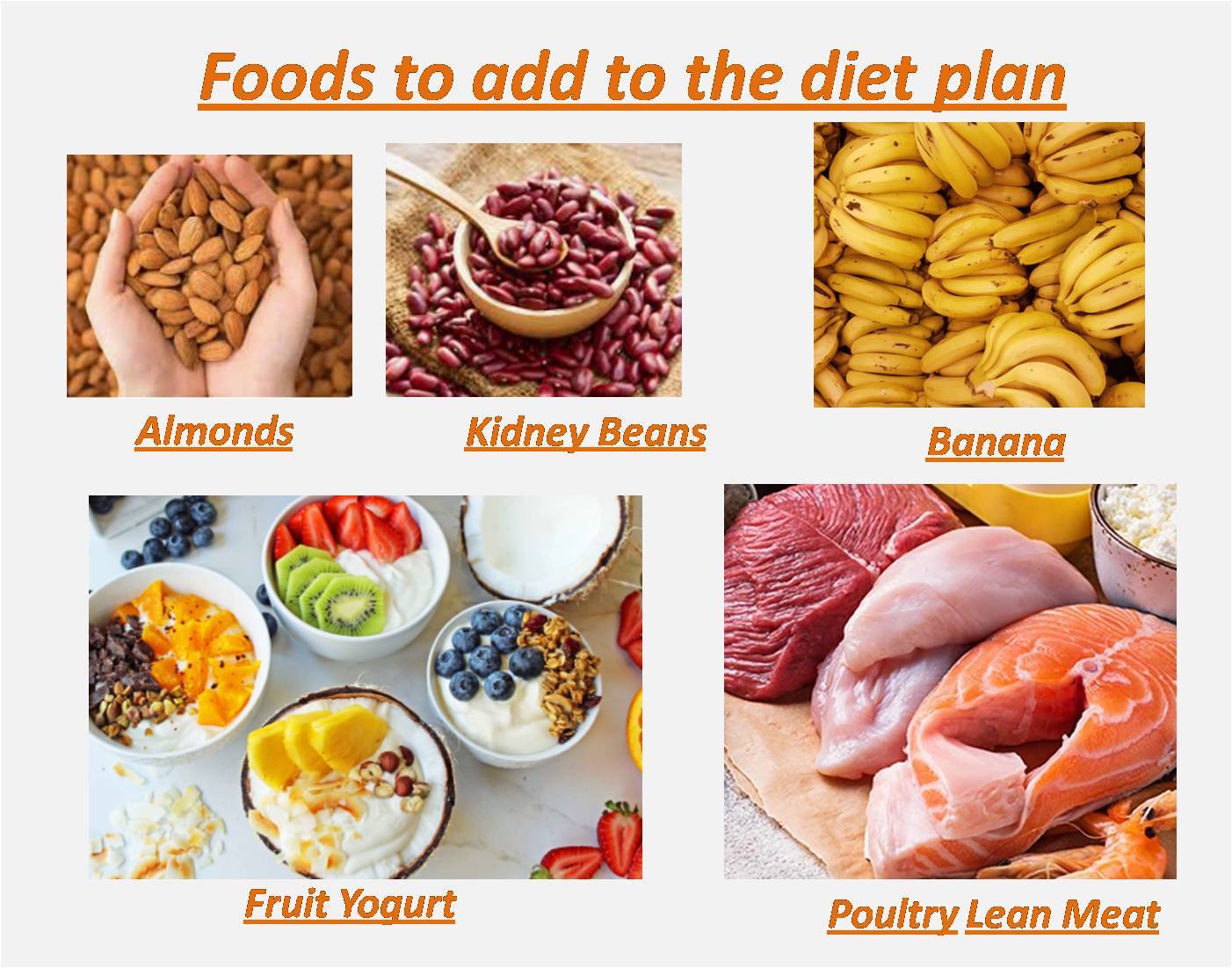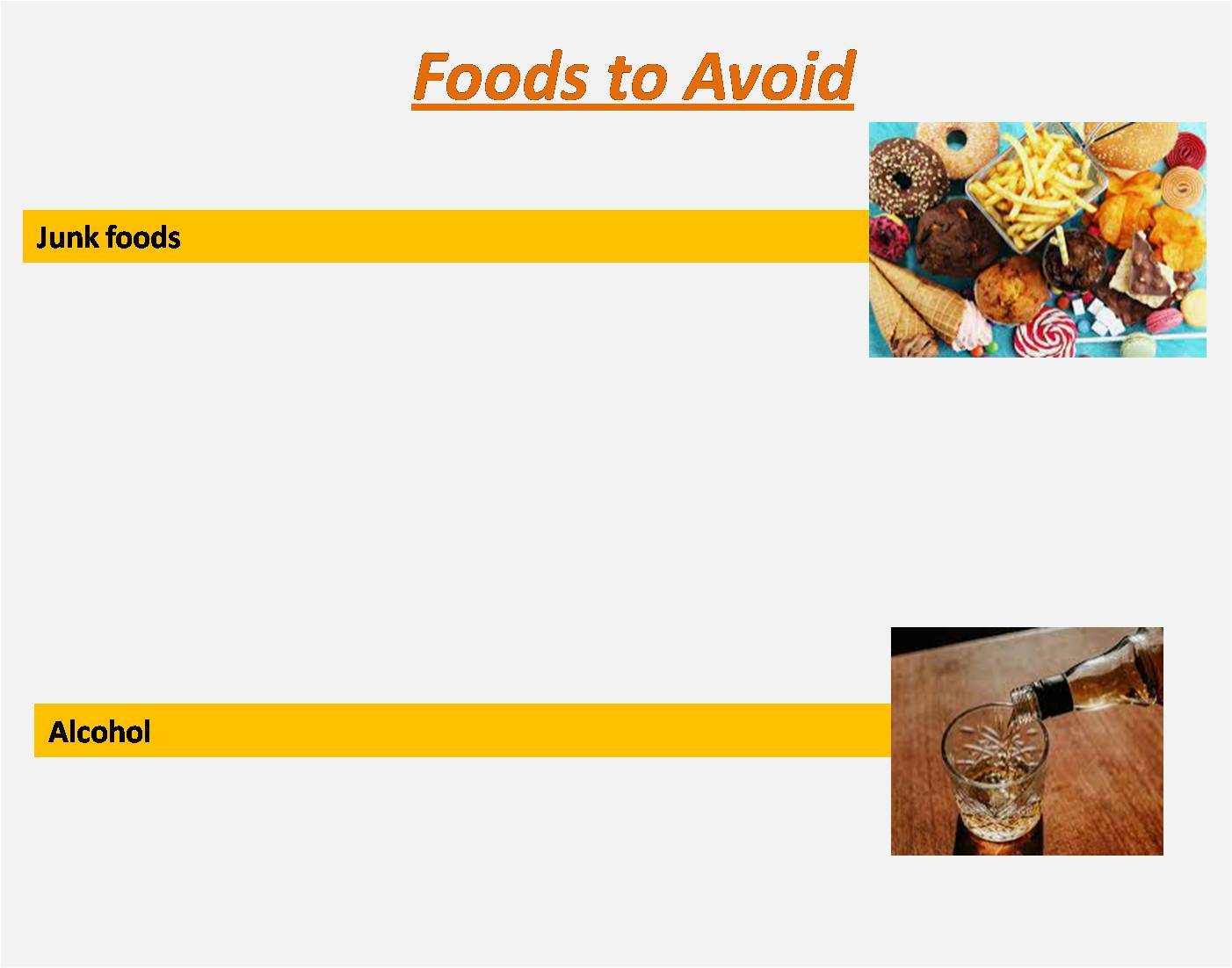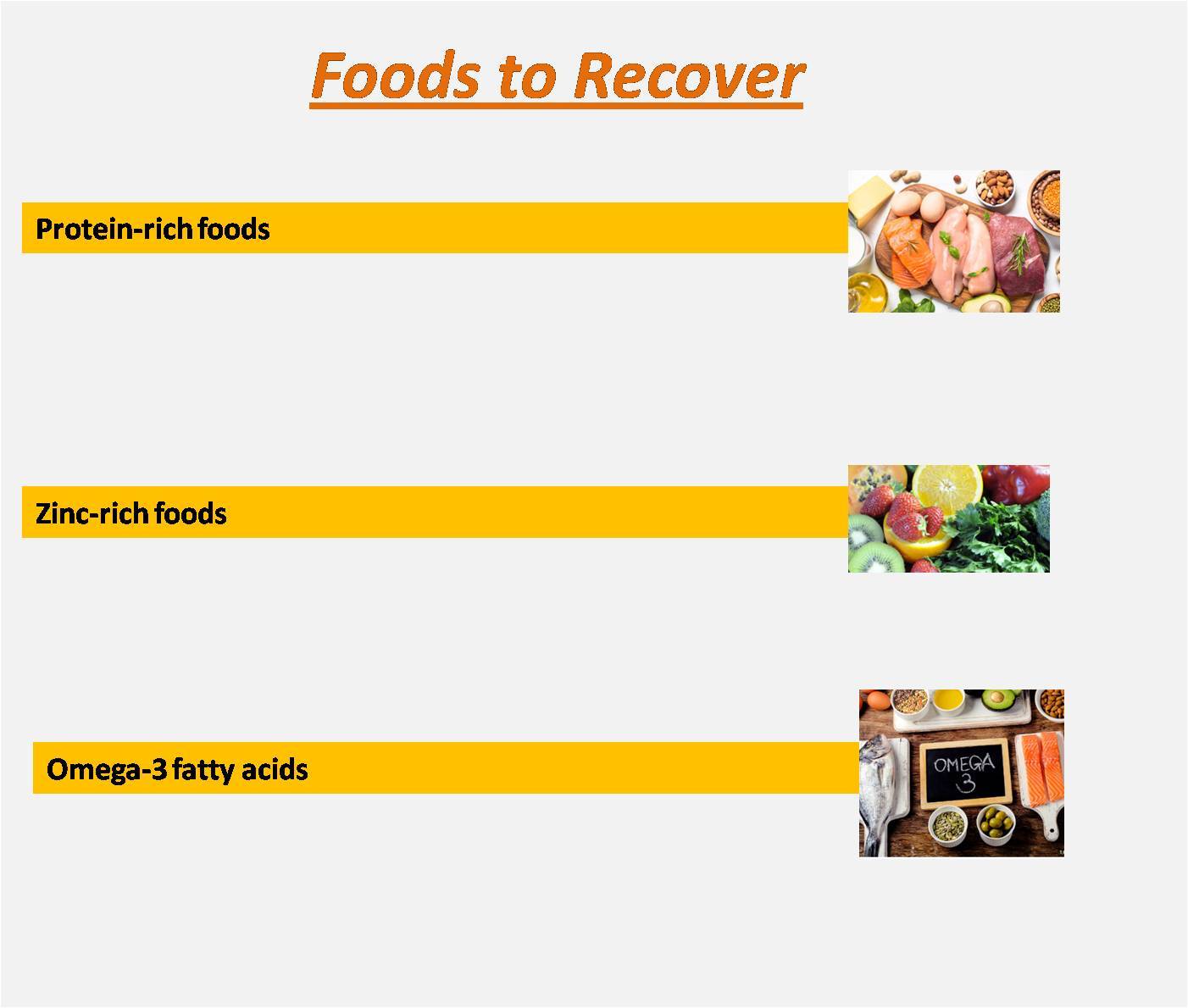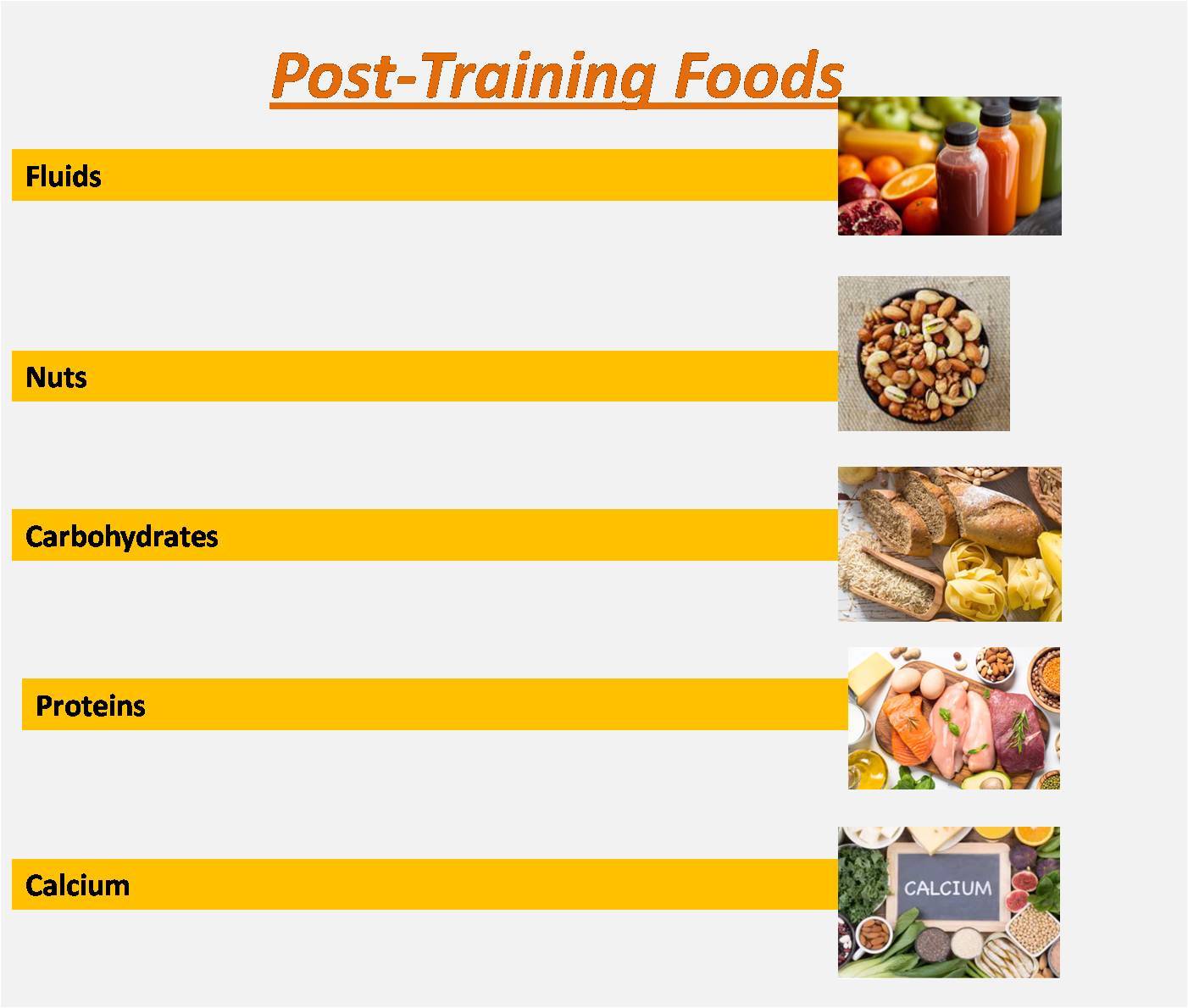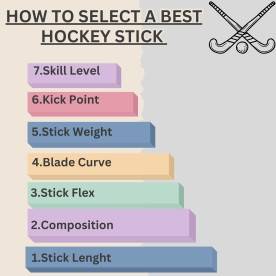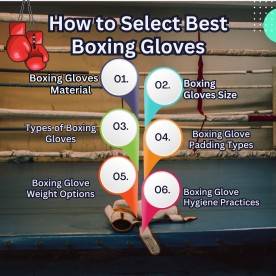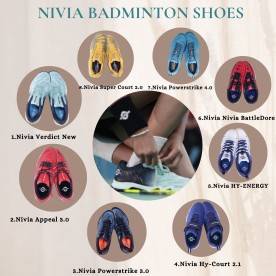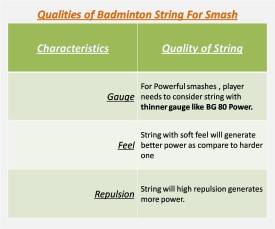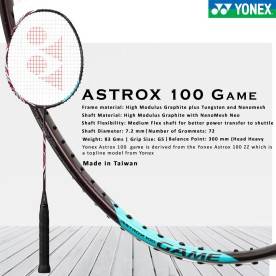Your diet and nutrition plan can make a big difference in any sport that seeks endurance, strength, and high-intensity practice sessions. For optimal performance in badminton, players should maintain a balanced diet.
It regulates an adequate fuel supply for intense gaming activity, aids in muscle recovery after workouts, and boosts endurance at the same time. The more strenuous the workout or competition is, the more carbs you need to feed your muscles.
Protein supplements can help you repair and build certain muscle groups, while multivitamins can help you perform at your peak. Nutritionally, all players are the same, but their needs will vary.
For example, if you are a badminton player, getting the basics right is necessary. For improved performance, given below is the special diet plan, designed only for badminton players that you should follow with discipline from now onwards.
What is the right nutrition for badminton players?
When it comes to badminton players diets, carbohydrates, proteins, and fats are the three most crucial components.
A badminton player's diet should be composed of 60% carbs, as they are a rich source of energy and are a leading nutrition driver for the body.
Protein accounts for 15% of the badminton players diet plan, and fat makes up the rest.
Role of carbohydrates, protein, and fat in the body
Carbohydrates
Consume a high-carbohydrate diet for two days prior to the event, which will allow glycogen stores to be refilled and work at peak efficiency. During competition, your body breaks down glycogen so it can supply glucose to the body, thereby making it easier to endure the hardship. During the break time between playgrounds, it is better to have glucose-containing liquids.
Protein
Despite that popular opinion, badminton players need only a small amount of extra protein to maintain their health. The enhancements are typically attainable through dietary means alone. Protein powder and shakes are unnecessary. Constant thirst, dehydration, a decreased appetite, diarrhea, and extra strain on the kidneys are just some of the negative side effects of consuming too much protein in the name of training.
Fat
Thiamine, riboflavin, niacin, and iron-like elements are essential for badminton players to burn the extra calories during competition. The only way to get enough of these nutrients is to start eating a wider variety of fruits, vegetables, greens, eggs, etc. In addition, water should be consumed in sufficient quantities before, during, and after play.
It’s time to walk through the perfect diet plan and the list of food items that promise the optimal supply of the given nutrition to the body of a badminton player.
Post-Training Foods: Recommended To Badminton Players
Fluids
After a workout, the most basic and often-ignored tip is to drink plenty of fluid, such as water. You'll sweat out a significant amount of water throughout your workouts. Due to this, refilling your body's fluids with juice, water, or energy beverages is vital.
Nuts
Some of the finest fuel for badminton players is found in nuts. To refuel the body after the game, try snacking on a handful of nuts. Almonds, walnuts, or peanuts are the best options. In addition to proteins, healthy fats, e.g., vitamin E and B vitamins, can all be found in abundance in nuts. They also have a soothing effect on your cardiovascular system.
Carbohydrates
Tired muscles can benefit immensely from eating some healthy carbs. Consuming carbohydrates helps reduce the reduction of glycogen stores that would have occurred throughout the intense hours. Simple carbohydrates, such as sugary carbs found in sports drinks, candies, and fruits, can be used as a suitable replacement because they are metabolized rapidly by the body.
Proteins
Proteins are a vital element of any badminton player's diet. Eating foods high in protein can help you recover more quickly after exercise. Protein-rich foods include, but are not limited to, peanut butter sandwiches, sunflower seeds, whole-wheat bread with lettuce and tomato, and egg whites.
Calcium
Calcium's effects extend beyond the skeletal system, as its presence in the body is commonly known to have an effect on bone health. Yogurt, low-fat cheese, and fat-free milk are all good sources of calcium, which is essential for proper muscle activation.
Foods to Recover: Recommended to Badminton Players
Below is a list of foods that you can eat if you want to recover quickly from those injuries.
Protein-rich foods
Immobilization of an injured body part after an injury causes the surrounding muscles to weaken. At this time, eating more protein can help reduce this loss and curb the potential inflammation. Eating foods like beef, fish, poultry, beans, peas, almonds, and seeds is recommended.
Fruits and vegetables rich in vitamin C
Vitamin C-rich meals are useful for wound healing because they encourage collagen production. As an added bonus, it can help keep potential inflammation at bay. Consume anti-inflammatory and antioxidant-rich foods such as broccoli, papaya, and dark green leafy vegetables.
Zinc-rich foods
Enzymes, proteins, and several additional building blocks essential for tissue development and repair are all zinc's products. Meat, fish, seeds, nuts, and full grains are all good choices in this area.
Omega-3 fatty acids
Walnuts, salmon, flaxseeds, and chia seeds all contain fats that have been scientifically proven to have soothing properties and accelerate recovery. It's always wise to cut back on omega-6 fats wherever possible.
Foods to Avoid: Preventive Measures For Badminton Players
It's not good for badminton players to get caught up in the taste and aroma of the foods and drinks listed below:
Junk foods
As everyone knows, junk food is terrible for the body and weight since it is typically deep-fried, produced with bad carbs, and may contain unsaturated fats.
Alcohol or other drinks that contain a lot of sugar content
Alcohol is strictly prohibited, not just because of its alcoholic nature. But in order to prevent liver damage, dehydration, and headaches, you should never drink alcohol. In addition, artificial flavors, colors, and high sugar components used in many non-alcoholic drinks aren’t good for your health.
Common foods to add to the diet plan for badminton players
Badminton players might greatly benefit from making some dietary adjustments to improve their performance on and off the court. Luckily, the nutritional needs are the same for both amateurs and pros. For example, here’s a list of common foods that you can add to your diet plan:
Almonds:
Almonds tend to be the best badminton diet option, as they help players maintain energy even when going against a powerful rival. Also, it's easy to bring almonds to the match, and they're great for snacking on in tiny doses. In addition to the fibers, biotin, vitamins E and B, and availability, almonds are the best choice.
Kidney Beans:
This variety of bean, which happens to be one of the finest sources of protein, is a fantastic choice for badminton players, especially during intense matches. Protein, magnesium, potassium, and copper can all be found in meal plans that contain beans. Since proteins require time to distribute throughout the body, experts advise consuming this bean several hours before the game.
Banana:
When a badminton match goes on for a while, the players need to be very focused. And bananas can help pretty well in this regard. The fruit contains B vitamins, vitamin C, and potassium, which are excellent sources for improving focus.
Fruit Yogurt:
Strawberry, kiwi, and apricot all go well together in fruit yogurt. But it is unlike your regular curd. This smooth dietary item can be purchased in a bottle from the market and consumed by players during game time.
Poultry Lean Meat:
All badminton players should prioritize muscle development. Bones, joints, cartilage, and blood all benefit from dietary protein's good effects. However, this lean meat is especially excellent for the players because they are constantly switching positions and directions.
Egg:
Eggs have a surprising benefit, even though they aren't part of most badminton players' diet plans. Still, they are recommended. Chicken eggs have about 10 grams of protein, making them a good post-fight recovery food. It is a good source of several vitamins and minerals as well.
Conclusion
Beyond a doubt, it's not feasible for a player to consume all of the foods discussed in this article. Still, dietary experts advise eating at least a few of these food items or food items evenly spaced at intervals that carry the discussed nutrients. Such a move will undoubtedly have a long-term impact on the badminton players' abilities in the future.
